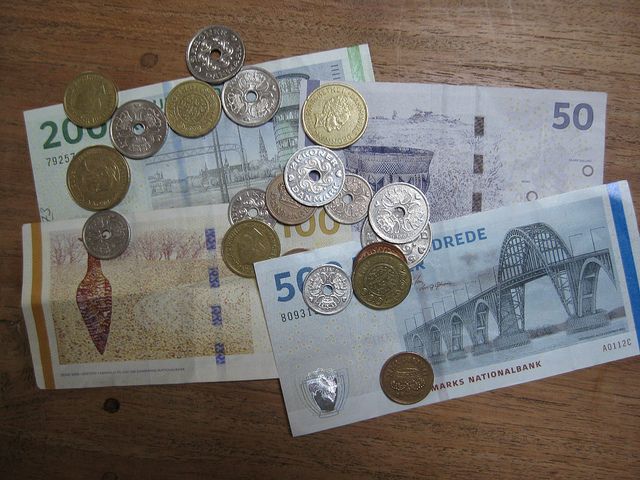The Danish central bank, Danmarks Nationalbank, is outsourcing the production of Danish currency, starting with 5, 10 and 20 kroner coins, which will be produced in Finland next year.
Banknotes will also soon be printed outside Denmark, although the decision as to where has not yet been decided.
“We will no longer produce notes and coins in Denmark,” National Bank chief executive Hugo Frey Jensen told DR Nyheder.
Moving money
The cash will have to be transported from Finland to Denmark. Jensen declined to say how often the trips will be made or how much will be transported during each trip. However, he did stress that the money would be secure.
“Using external manufacturers of banknotes and coins is a well-developed industry,” said Jensen.
“There are companies that make coins, and there is the secure printing of banknotes for many different countries. Transport and security is well-developed and can be done in a safe and responsible manner.”
Saving cash while making cash
The outsourcing is a cost-saving move for the bank. The company in Finland can produce the coins for half the price the National Bank does it for today.
READ MORE: Two kroner’s worth of coinage history
The amount of cash in circulation still actually increases every year. The quality of the paper that is used has improved, and Danes don’t use cash as much as they did in the past, so the banknotes last longer.
A 50 kroner note usually lasts for about a year, while a 1,000 kroner bill can last for over ten years. There are currently enough banknotes in stock to supply Denmark for the next four or five years.
Downtime a problem
The National Bank only produces notes and coins during three months every year, and it is expensive to maintain a full-time staff during the idle months.
Jensen said the outsourcing decision had been made with “great sadness” but that having employees who only worked for one third of the year was not “economically justifiable”.















